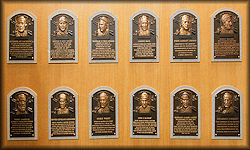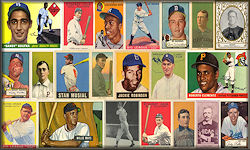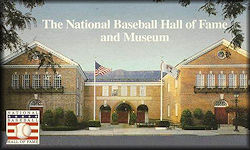Pitching, defense and the three-run homer.
It was a formula that manager Earl Weaver and his Baltimore Orioles honed to perfection during their ascent to become an American League powerhouse in the 1960s and 1970s.
The Orioles were undoubtedly stacked with talent when Weaver took over the club in 1968. Baltimore’s pitching staff featured three aces in Mike Cuellar, Dave McNally and Jim Palmer. The O’s also sported Gold Glove-caliber defenders like Davey Johnson, Mark Belanger, Paul Blair and Brooks Robinson on the diamond. And it didn’t hurt to have big boppers like Frank Robinson and Boog Powell driving in the necessary runs from the middle of the lineup.
But this collection of talent still needed a leader, and that’s where Weaver came in. Weaver was relaxed with his ballplayers and tough on umpires, and he eschewed small-ball tactics like stolen bases and hit-and-runs in favor of the big inning.
"Nobody likes to hear it, because it's dull, but the reason you win or lose is darn near always the same: Pitching,” Weaver told the Los Angeles Times.
Weaver was a struggling second baseman in the minor leagues who was ready to leave baseball when the Orioles hired him to manage its Class D club in tiny Fitzgerald, Ga. He slowly worked his way up the ladder while the Orioles stocked the farm system with players he would later manage in the big leagues.
After successful stints with Double-A Elmira and Triple-A Rochester, in 1968 Weaver took over an Orioles club that had won the 1966 World Series but had struggled for a year and a half. In 1969, Baltimore won a franchise-record 109 games and its first of three straight AL pennants. A dynasty was born.
“(Weaver) does the best job of any manager I've ever known at keeping 25 ballplayers relatively happy,” said Frank Robinson. “He doesn't do it by being their friend; he does it by never, but never, taking anything personally and by making damn sure nobody else does either."
After a World Series defeat to the Amazin’ Mets in 1969, the Orioles roared back to beat the Cincinnati Reds in the 1970 Fall Classic. In 1971, Weaver’s O’s joined Connie Mack’s Philadelphia A’s and the dominant New York Yankees dynasties as the only franchises in American League history to win three consecutive pennants.
Weaver would eventually win another pennant with Baltimore in 1979 before his retirement in 1986. His career winning percentage of .583 ranks ninth all-time among managers, and his average of 94.3 wins per season is the top rate in history.
In 1996, Weaver received the ultimate recognition when he was inducted into the Hall of Fame.
Asked to comment on his legacy, Weaver reflected, “On my tombstone, just write: ‘the sorest loser that ever lived.’” (Ref: National Baseball Hall of Fame) |





